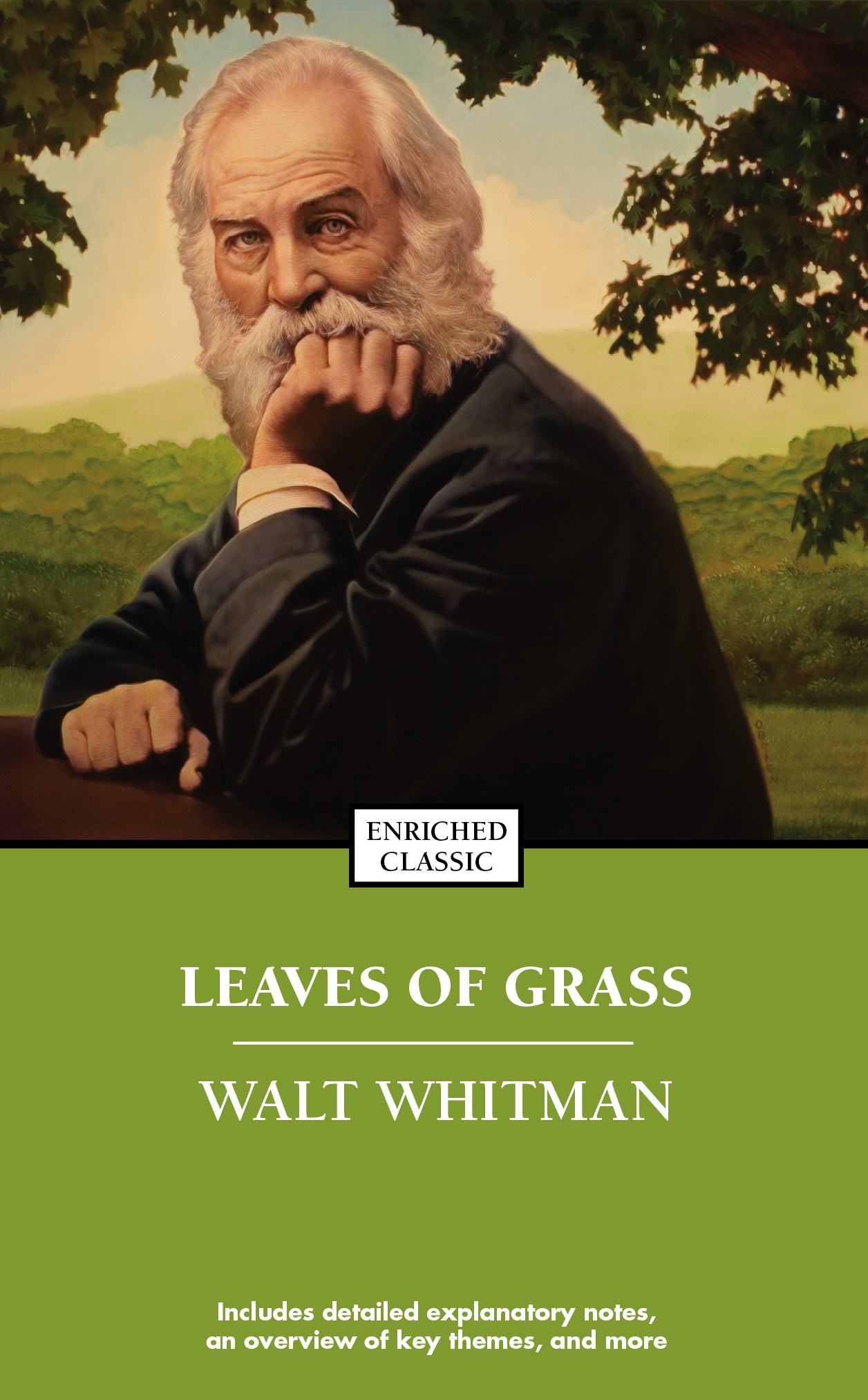

Whitman experimented with meter, rhythm, and form because he thought that experimentation was the law of the changing times, and that innovation was the gospel of the modern world. The line is the unit of sense in Whitman. Yet his work is composed in lines, not in sentences as prose would be. A line of his verse, if scanned in the routine way, seems like a prose sentence, or an advancing wave of prose rhythm. Words from foreign languages add color and variety to his style. Whitman also employs many colloquial expressions and technical and commercial terms. Leaves of Grass contains archaic expressions - for example, betimes, betwixt, methinks, haply, and list (for listen). Whitman's language is full of his eccentricities: he used the word "presidentiad" for presidency, "pave" for pavement, and he spelled Canada with a K. His view of the world was dominated by its change and fluidity, and this accounts for his frequent use of "ing" forms, either present participle or gerund. He was particularly sensitive to sounds and described them with acute awareness. Whitman brought vitality and picturesqueness to his descriptions of the physical world. Conversely, another description of the grass in the same section of the same poem, where it is described as "the handkerchief of the Lord," is trivial. Whitman was a master of exuberant phrases and images: "The beautiful uncut hair of graves" ("Song of Myself," section 6) is extraordinarily descriptive. He used repetition and reiterative devices (as, for example, in "Out of the Cradle Endlessly Rocking," the lines "Loud! loud! loud!" and "Blow! blow! blow!") He also employed elements of the opera (the aria and the recitative) in his poems. Whitman believed that poetry should be spoken, not written, and this basic criterion governed the concept and form of his poetry. Whitman's poetry, like that of most prophetic writers, is unplanned, disorganized, sometimes abortive, but nevertheless distinctively his own. Its growth follows no regular pattern: "Song of Myself," for example, seems at first almost recklessly written, without any attention to form. It has the tremendous vitality of an oak. His poetry seems to grow organically, like a tree. Whitman described its form as "a new and national declamatory expression." Whitman was a poet bubbling with energy and burdened with sensations, and his poetic utterances reveal his innovations.

Leaves of Grass belongs to no particular accepted form of poetry. Whitman: The Quintessential American Poet.When Lilacs Last in the Dooryard Bloom'd.Are You the New Person Drawn Toward Me?.


 0 kommentar(er)
0 kommentar(er)
